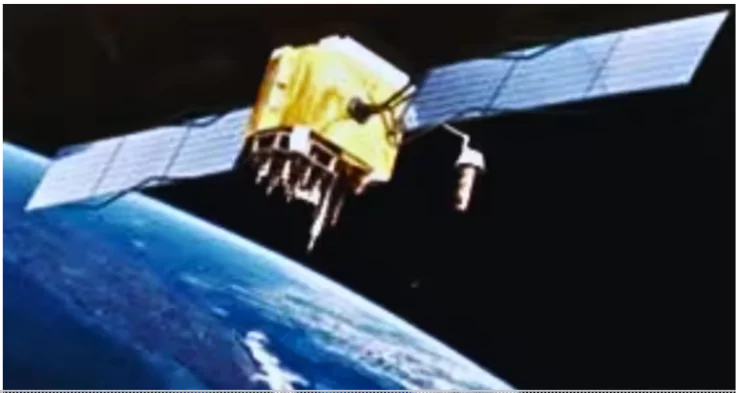SOURCE: AFI


In a bold move to bolster national security, India has fast-tracked its ambitious Space Based Surveillance (SBS-3) program, slashing the timeline for deploying 52 spy satellites from four years to just one. Approved by the Cabinet Committee on Security in October 2024, this Rs 22,500-crore ($3 billion) initiative aims to enhance India’s ability to monitor its borders, particularly activities in Pakistan, and provide critical support during natural disasters like floods and earthquakes.
The SBS-3 program involves a collaborative effort between the Indian Space Research Organisation (ISRO) and private industry. ISRO will develop 21 of the satellites, while three private companies—Anant Technologies, Centum Electronics, and Alpha Design—have been tasked with producing the remaining 31. These firms have been directed by the Ministry of Defence to compress their development timelines to 12-18 months, with the satellites now targeted for deployment by the end of 2026 or earlier, compared to the original 2028 schedule. This accelerated timeline follows the recent Operation Sindoor, a response to the Pahalgam massacre, highlighting the urgency of enhancing India’s surveillance capabilities amid heightened regional tensions.
The satellites, which will leverage artificial intelligence to interact with each other in space, are designed to gather geo-intelligence with unprecedented precision. This capability will significantly strengthen India’s monitoring of adversarial movements, particularly along its volatile borders with Pakistan and China. Beyond security, the satellites will also play a vital role in disaster management, providing real-time data to aid in relief efforts during natural calamities.
Elon Musk’s SpaceX is supporting the project, offering technical assistance for the phased development and launch of the satellites. Private companies like Anant Technologies, which reported ?270 crore in revenue in FY24, and Centum Electronics, with ?479 crore in revenue for the first nine months of FY25, are leading the charge in this public-private partnership. Alpha Design, acquired by Adani Defence and Aerospace in 2019, brings its expertise from prior collaborations with ISRO, including the Indian Regional Navigation Satellite System (IRNSS). These companies’ involvement underscores India’s growing reliance on private industry to meet its strategic space objectives.
While the project promises to elevate India’s surveillance capabilities, the compressed timeline raises questions about feasibility and quality. Developing 52 satellites in such a short period, even with AI integration, is a monumental task that could strain resources and expertise. Historically, ISRO has excelled in cost-effective space missions, but the involvement of private firms on this scale is relatively untested. The pressure to deliver by 2026 could lead to compromises in testing and reliability, potentially undermining the program’s effectiveness.
Moreover, while the focus on border surveillance is understandable given recent tensions, the emphasis on Pakistan as the primary target may oversimplify the broader geopolitical landscape. China’s growing presence in the region, coupled with its own advancements in space-based surveillance, poses a more complex challenge that India must address holistically. The SBS-3 program, while a step forward, should be part of a larger strategy that includes diplomatic and economic measures to counter regional threats.
NOTE: AFI is a proud outsourced content creator partner of IDRW.ORG. All content created by AFI is the sole property of AFI and is protected by copyright. AFI takes copyright infringement seriously and will pursue all legal options available to protect its content.